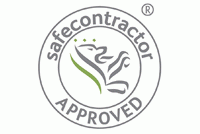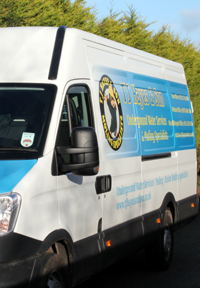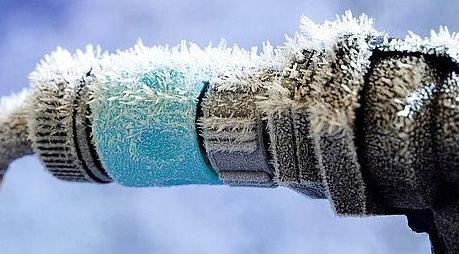|
|
Winter Care - Burst Pipes / Burst Water Pipe Prevention
Even worse, burst pipes and leaks can be complicated to fix, repair work may also involve digging up your lawn, tarmac or paving. You can avoid this kind of damage by preventing burst pipes and leaks in the
first place. For domestic site surveys, and quotation within 24-Hours please contact us.
When is it Cold Enough to Freeze?When should 'YOU' homeowners be alert to the danger of freezing pipes?Frozen Pipes 'Emergency'A frozen pipe is an emergency, because this will cause it to burst causing thawed water to come pouring from the break.
The following steps describe what you should do as soon as you discover a
frozen pipe:
Preventing Domestic Burst Pipes - Winter CareIf a burst pipe leaks and water comes gushing through the ceiling, it can wreak real damage on your home and its contents.Even worse, burst pipes and leaks can be complicated to fix, repair work may also involve digging up your lawn, tarmac or paving. You can avoid this kind of damage by preventing burst pipes and leaks in the first place. As frozen pipes often burst, winter care is crucial. Try the following care tips: 1. Insulate your loft and the sides of your water tanks. 2. Insulate all your pipes. 3. Open the loft trap door on cold days to let heat in. 4. If you're away for a while, spending winter somewhere warmer perhaps, then ask a friend or relative to check on your home and make sure pipes haven't burst or frozen. 5. Re-washer dripping taps because if they freeze they'll block the pipe. This will also it will save up to a litre of water a day and your money if it's a hot tap. 6. Make sure you know where your stop tap is and check regularly that you can turn it off easily in an emergency. It's handy to label it so you remember where it is in a panic. 7. In very cold weather the heating will need to be on low, or set to come on a couple of times a day, especially if you're going away. Most modern boilers have a frost protection thermostat, which turns on automatically if the temperature drops to a level that will cause your pipes to freeze. If your 'External' Pipe BurstsEach year, pipes freeze in the homes of millions of families in the United Kingdom.It's not uncommon for frozen pipes to then burst, causing flooding and property damage. If a pipe in your home bursts, there are a couple of steps to immediately take: 1. You should first, in all cases, shut down your home's main water supply 2. After you've shut down the water, it's time to call T J Hayes and Son for help with repairing or replacing the burst pipe, internal and external work on burst pipes undertaken. Flooding From a Burst Water MainTo report a flood from a burst water main, you should contact your local
water supply company. The company is responsible for the supply of water and the
pipes up to and including the water stopcock on the boundary of your property. Please open the following link to find your water supplier:
http://ccwater.custhelp.com/app/answers/detail/a_id/418 T J Hayes and Son can assist with contacting the required service and resolve the issues, please call for assistance.
|
 |
|
Accreditations: |

|
TJ Hayes & Son |
|
Click here to contact us. |

